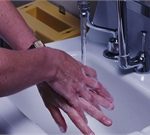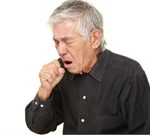
The latest cancer prevention guidelines may change your typical backyard barbecue: Gone are the hot dogs and booze. In are veggie kebobs and maybe a swim or some badminton. The American Cancer Society’s new cancer prevention recommendations suggest, among other things, adding more physical activity to your days. About 20 minutes a day is the minimum, but 40 minutes or more daily is even better. The new guidelines also add emphasis on avoiding unhealthy foods, including red and processed meats, refined grains and alcohol. “The new recommendations really increase emphasis on a few key areas [including healthy weight and diet, physical activity, and avoiding or limiting alcohol],” said Dr. Laura Makaroff, senior vice president of prevention and early detection for the American Cancer Society (ACS). These factors accounted for up to 18% of cancer cases and 16% of cancer deaths in the United States, according to the new report. Along with recommendations for individual lifestyle practices, the ACS also included guidance for communities to take action. “In addition to recommendations for individual choices, ACS recognizes that making healthy choices can be challenging for many people. We need to reduce barriers to living well and achieving a healthy lifestyle, and that will require working collaboratively at all levels to develop and implement policies to ensure access to healthy foods and opportunities for exercise,” Makaroff said. Registered… read on >























-300x200.jpg)













